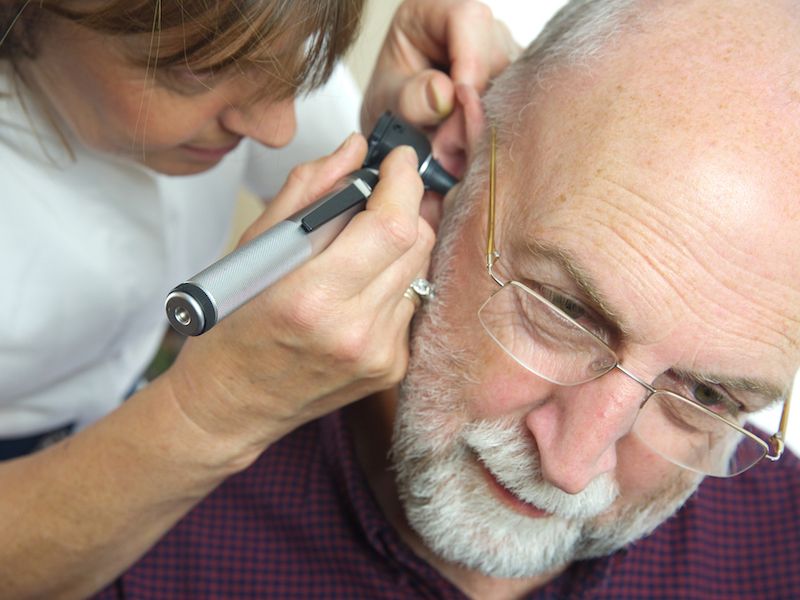
You continue to go to the eye doctor once a year if you own glasses, right? Because, in time, your eyes will change. Your eyes and all parts of your body are dynamic not static including your ears. That’s why even once you get hearing aids, you have to continue having your ears tested just as you do with your eyes.
Unfortunately, many people miss those regular checkups. Maybe they’ve been consumed with making the most of their lives to get back in to see their hearing specialist. Or perhaps work has been difficult recently. You may even be so happy with your hearing aids that you just didn’t think you need to make another appointment. That seems like it should be a good thing, right?
Over time, for individuals with hearing loss, it is even more important to have even one follow-up appointment. In spite of that, regular attention is often neglected. According to one survey, only 33% of seniors with hearing aids also used regular hearing services.
After You Get Hearing Aids, Why Should You Require to Get Normal Checkups?
Your hearing is not static. Over time it changes. When these changes happen, you need to adjust your hearing aids to compensate. Occasional testing helps monitor any variations in hearing and discover problems early.
It might be a smart idea to get frequent hearing exams for other reasons also. Here are some reasons why you really should show up for your hearing exams:
- Deterioration of hearing: Even with a hearing aid, your hearing might keep degenerating. If this deterioration is slow enough, you likely won’t recognize it’s happening without the assistance of a hearing test. Hearing decline can often be slowed with appropriate alterations to your hearing aids.
- Hearing aid calibration: Even though your general hearing health could continue to be stable, small differences in your hearing may create the need for yearly adjustments of your hearing aid. Without this calibration, your hearing aids might progressively become less effective.
It’s crucial to get your hearing aids cleaned professionally occasionally along with monitoring changes in your hearing. We can clean all the little parts and keep your hearing in top notch conditions and as well as making sure it’s working at it’s best performance.
If You Don’t Follow up With Routine Exams There is a Consequence
If you get frustrated with your hearing aids, say because they aren’t working the way you thought they would, you might simply discontinue wearing them and that wouldn’t be good. Using hearing aids helps you hear better, without a doubt, but it also impacts your overall health. If you discontinue using your hearing aids, not only can your hearing decline faster, you may not notice it immediately. Increased chance of hearing accidents, along with mental decline, have been connected to hearing loss.
In terms of having your hearing aids operating at an optimal level, regular examinations are your best bet. Yearly hearing examinations or screenings can help you be sure your hearing aids are functioning in the way they should and that your hearing is protected. So schedule your hearing appointment right away.
